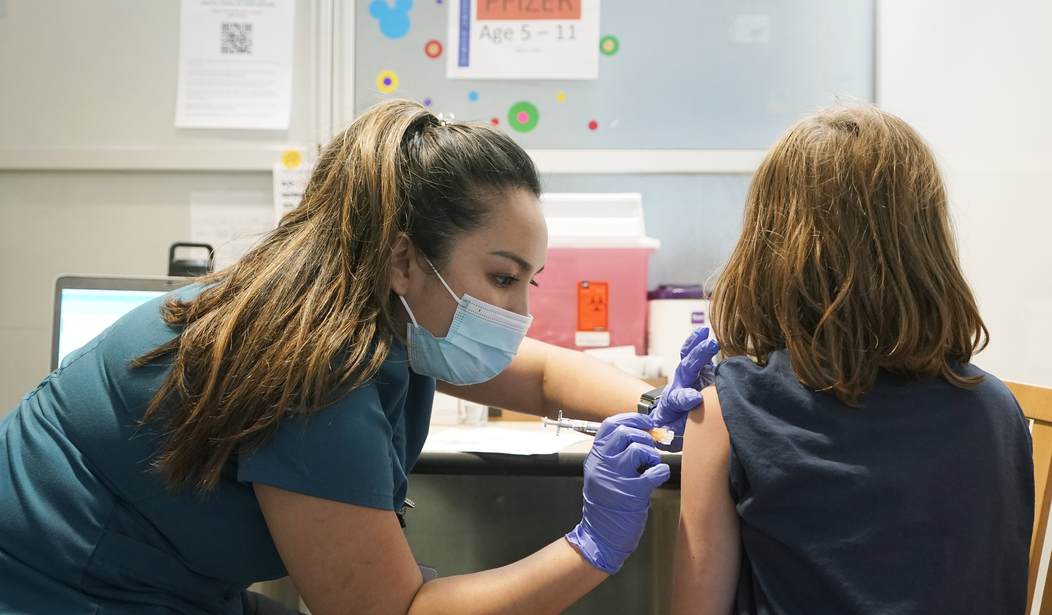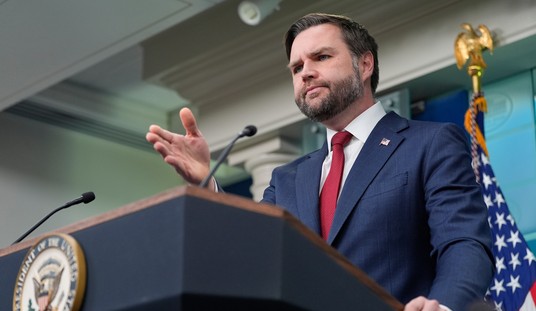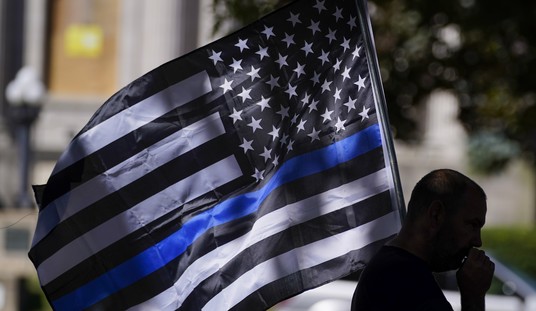There’s a debate over getting a second COVID vaccine booster shot between public health advocates who decide whether they’re necessary and the pharmaceutical companies who created them.
There’s also a conversation over whether at-risk seniors and others should get a yearly booster shot.
But the two main pharma companies who created the vaccine can’t agree on whether another shot is warranted for everyone. Moderna thinks that everyone would benefit from a fourth shot, while Pfizer thinks only seniors would need the booster.
The FDA is mulling over the applications for emergency use by both companies but has made no decision yet.
Pfizer and BioNTech said they submitted data to the FDA from Israel, which began offering a fourth shot to older people and health-care workers last year as the omicron variant was circulating.
In a press release announcing its application to the FDA, Pfizer said an analysis of Israeli medical records showed that the rate of confirmed infections in people 60 and older who received a second booster was half that seen in their counterparts who had had only three doses of the vaccine. In addition, the likelihood of developing severe COVID-19 was four times lower in the group that got a second booster, the company said.
The fourth Israeli dose was ineffective against the omicron variant, although it appeared to prevent serious illness and death.
Some 154 health workers at Sheba Medical Center received their fourth Pfizer shot two weeks ago. A week ago, 120 healthworkers received a shot of Moderna following three doses of Pfizer one week ago.
They were matched with a control group of around 6,000 health workers who have been being followed by the hospital since the start of Israel’s vaccination campaign in December 2020.
According to Regev-Yochay, the third dose resulted in “much higher antibodies, neutralization and the antibodies were not just higher in quantity but also in quality” than the second dose – but the fourth vaccine did not show significant antibody increase.
”Maybe there are a few more antibodies but not much more compared to the third dose,” said Regev-Yochay.
No “significant antibody increase” means that a fourth shot — at least in a relatively small sample — made little difference in protection.
But there’s little doubt that as time goes on, there are fewer antibodies left over to fight the virus. Could that mean a yearly booster shot should be recommended for vulnerable seniors and others?
“In order to keep it under control, we likely will need some form of periodic vaccination. Now, whether that’s annual or every two years or every five years, we don’t really know that yet. I think that that will emerge as we gather more data,” Dr. Archana Chatterjee, dean of the Chicago Medical School at Rosalind Franklin University, said Monday.
“But I do anticipate that this will be required on a periodic basis to keep it under control,” said Chatterjee, who’s also a member of the US Food and Drug Administration’s Vaccines and Related Biological Products Advisory Committee. She added that her comments do not reflect the opinions of the committee or the FDA.
For those of us who are extremely vulnerable to serious disease from COVID, questions about a booster shot are a matter of life and death. For most others, it’s all academic.










Join the conversation as a VIP Member